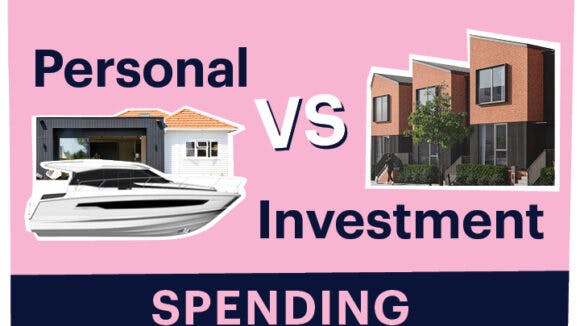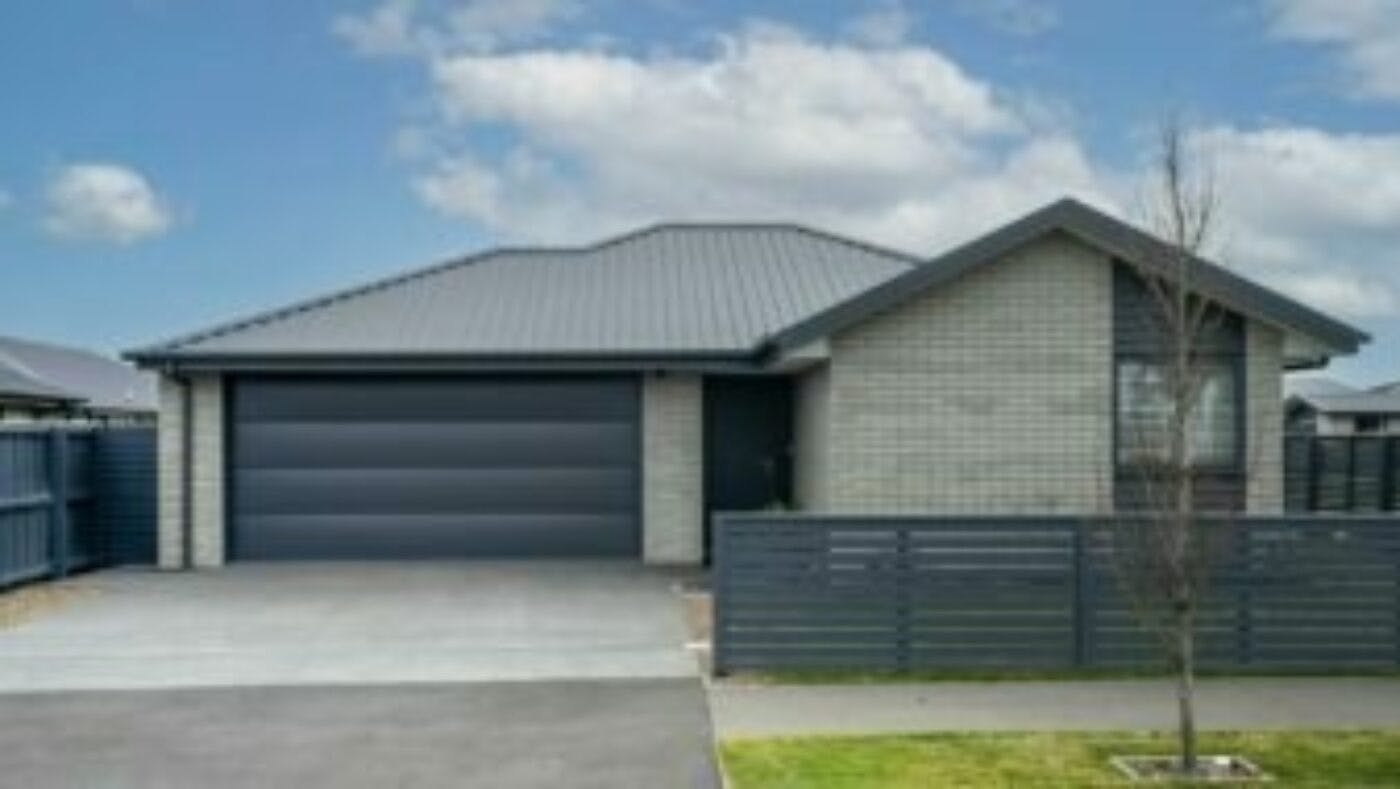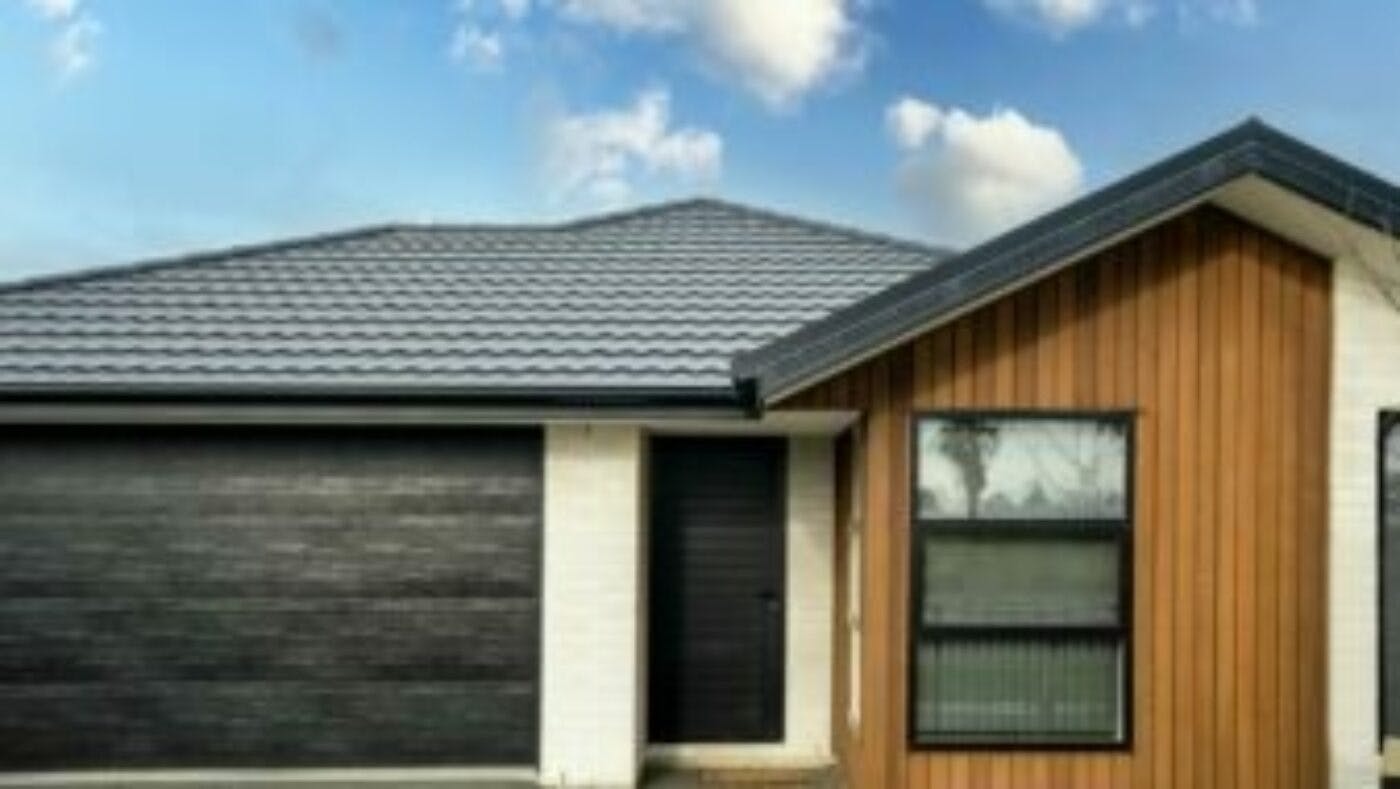
Property Investment
Personal vs investment spending
Learn who needs to prioritise investment spending, and the psychological money lies you need to conquer to successfully invest.
Property Investment
9 min read
Author: Laine Moger
Journalist and Property Educator with six years of experience, holds a Bachelor of Communication (Honours) from Massey University.
Reviewed by: Ed McKnight
Our Resident Economist, with a GradDipEcon and over five years at Opes Partners, is a trusted contributor to NZ Property Investor, Informed Investor, Stuff, Business Desk, and OneRoof.
Whenever investors are out shopping for their next investment property thoughts are usually wrapped up in the sale price only.
But there are a handful of extra costs investors often forget about.
Yes, properties are expensive to buy. But, the process of buying properties also costs money.
So, what are those hidden costs? And what does it cost to actually set up and buy an investment property?
In this article, you’ll learn what the hidden costs of buying a house are and how much you can expect to pay for them.

First things first, you must have a lawyer. There’s no getting around this one, you need someone to do the conveyancing for your property.
This means at a minimum you need them to take your deposit and the money from the bank and pay the person you’re buying off. They’ll also manage the transition so the legal ownership of the property moves into your name.
But, beyond that, a good property lawyer will request your LIM, council docs, and they will be the one to negotiate your contract with the developer’s lawyer.
Ultimately, this means you can make a more informed property investment decision.
A property lawyer will cost you somewhere in the region of $2,000 to $2,500, depending on how many questions you ask and how much time you spend on the phone with them.
When do you pay them? If you’re buying a New Build you often won’t pay your lawyer until settlement. That means there could be a 12+month delay between when you start working with them and when you actually pay them.
But just be aware that some lawyers request you make a partial payment at due diligence and the remainder at settlement.
You should also know that if you choose to cancel the contract before settlement – or don’t proceed after due diligence – you may have to pay your lawyer for the work they have already done.
Said another way, it’s not like you can sign up a whole heap of properties, engage a whole bunch of lawyers, and then cancel them all with no financial repercussion.
Cost: Between $2000 and $2,500.

When you apply for a mortgage the bank will often require you to get a registered valuation on your new build.
A Registered Valuer is the eyes and ears of the bank and their certificate basically says: This property is worth “X” amount and is ready to be lived in.
The cost for a valuation is anywhere from $800 to $1200, depending on house type and location.
Now, there are two moments in the purchasing process when the bank may request that you get a valuation.
First, the bank may ask you for one during due diligence. That’s where the valuer will look at the plans and the build site and will give you an estimate of what the property is worth.
Yes, you heard that right, valuations can be done on your property even when it hasn’t been built.
What happens in this situation is the valuer assesses the land and the plans together, and then says if this property was built, it would be worth “X amount”.
In the second instance, the bank may ask for a valuation during the settlement period, when the property has been built.
You don’t need to do both; it’ll be one or the other. If you get to settlement, and you already had a valuation done in due diligence, you will get a valuer completion certification. There is a cost for this and is usually around $300.
One important part to note. You must organise the valuer through your mortgage broker. This is because the bank will only let you use their approved valuers. And it must be ordered through the bank.
Cost: Valuation $800 to $1200. Valuation certificate $300.
This one isn’t a must, and it won’t apply to all investors.
But if you plan to buy a property in a city where you don’t live, you might have to factor in flights and accommodation to visit the site of that property.
There are a lot of seasoned investors out there who don’t do this and have owned properties for years they have never seen (as bizarre as that may sound to some newbies).
In this situation, the investor is happy to restrict their investment decision to the figures on paper, and leave the pre-settlement inspection in the hands of a professional.
That’s totally cool.
But, if you do want to see what you’re buying, you might have to pay travel costs.
Cost: $700 - $1000 per trip for a couple.

An important step not to be missed during this process is getting a chattel valuation. This will help you pay less tax over the long term.
If it’s not nailed down, glued in, or directly part of the building, it’s a chattel. So think things like: washing machines, driers, letterboxes, carpets, curtains, light fittings, appliances and even driveways.
Over time these chattels become worn out and need replacing. This decrease in value is called depreciation, and when these chattels are depreciated fully, you could potentially save as much as $16,500 in tax (over time), if you pay the 33% tax rate and have $50,000 of chattels.
The exact amount will vary based on the value of your chattels and the tax rate you pay. However, paying $500 to potentially save $16,500 is well worth it.
Cost: $500.

Generally speaking (not always), the advice you get from an accountant is included as part of the fees you pay them for filing your tax return.
But, if your accountant’s advice is “settle the property in a trust” – as opposed to owning the property in your own name – there can be set-up costs.
The two entities property investors usually use are:
So if you are using either – and the entity isn’t incorporated (set up) yet – then your accountant will set these up for you.
But once set up, you don’t need to pay for these to be set up again.
Typically, you pay for this at settlement. Because if you’re buying off the plans you don’t need these entities until you actually need to use them.
The cost of this service will depend on what accounting company you work with.
As an example, Momentum Property charges $800+GST to set up a Look-through Company, and $2000+GST to set up a trust.
Cost: $800 - $2000.
All up, the hidden costs of buying an investment property can tally to somewhere between $3,000 and $8,000.
Yup, we hear you, it’s a lot of money. But there are a couple of things to remember that will soften the blow.
For starters, you don’t have to pay this all at once. So, if you don’t have 8 grand sitting in your bank account right now, that doesn’t mean you can’t buy property.
Secondly, you are likely to get a cashback from the bank at settlement. A cashback is just that: a lump of cash the bank gives you for settling your house and getting a mortgage from them. Often, cashbacks are around $3,000, which means if r set-up costs are at the lower end of the scale, your hidden cost could be completely taken care of.
But don’t count on this if you are working with a non-bank lender, as non-bank lenders don’t do cashbacks.
Lastly, it’s common for seasoned investors to tack these extra costs onto the same loan as the property. So, if your property costs $800,000 and you have set up costs of $3,000, you might take out a loan of $803,000.
It’s also worth knowing that these set-up costs are miniscule in comparison to the gains that can come with investing with property. However, you still need to be aware of them as you make your investment decision.
But remember, your financial situation is unique to you, so while this article is a good benchmark, it’s absolutely imperative to discuss your financial situation with a professional.

Journalist and Property Educator with six years of experience, holds a Bachelor of Communication (Honours) from Massey University.
Laine Moger, a seasoned Journalist and Property Educator with six years of experience, holds a Bachelor of Communications (Honours) from Massey University and a Diploma of Journalism from the London School of Journalism. She has been an integral part of the Opes team for two years, crafting content for our website, newsletter, and external columns, as well as contributing to Informed Investor and NZ Property Investor.